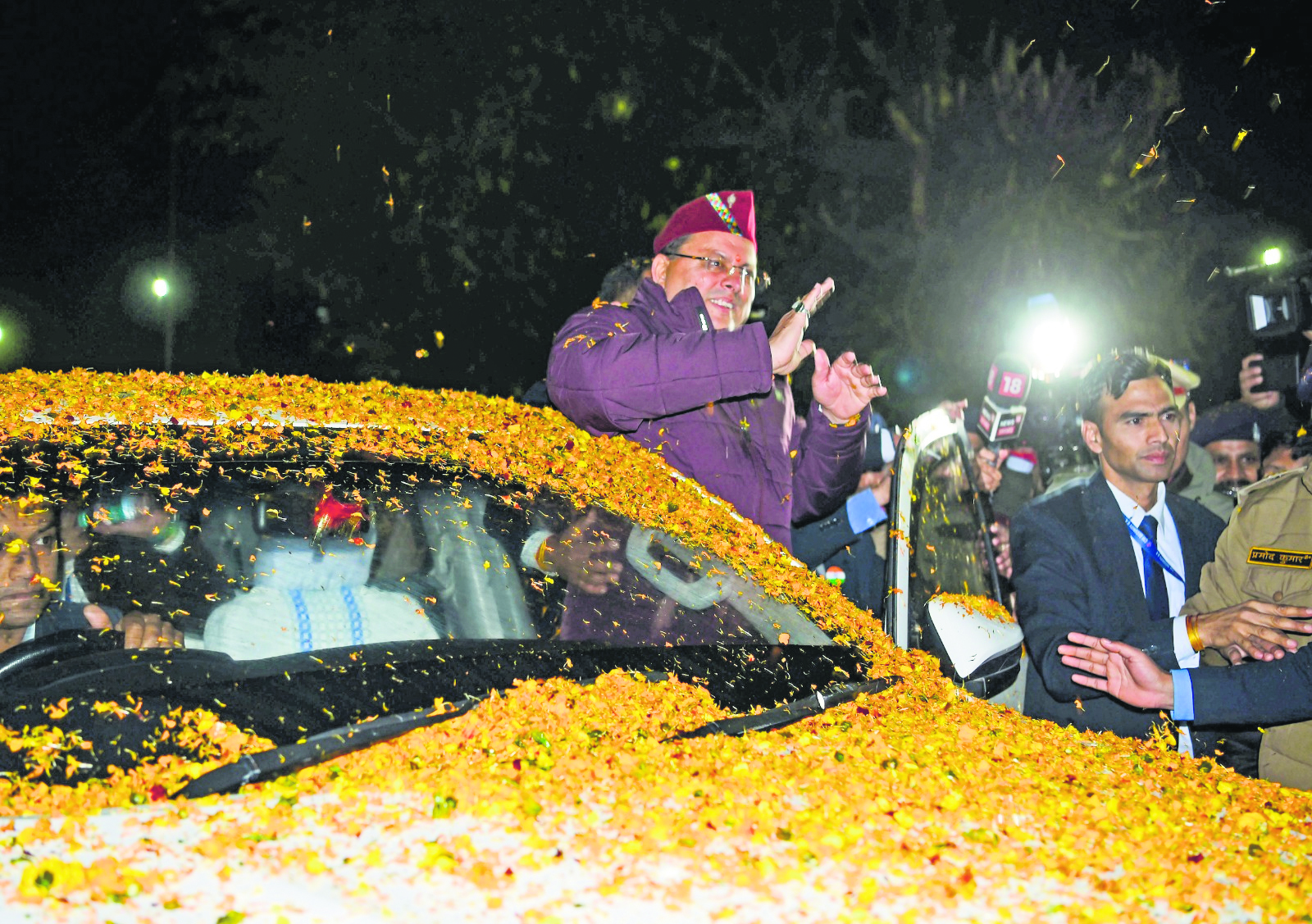Uttarakhand is the first state in the country to implement Uniform Civil Code (UCC) since independence. In the assembly elections of Uttarakhand, BJP had assured to implement UCC. After securing majority in the elections and forming the government, Chief Minister Dhami started work towards UCC in May 2022. Which was presented in the House on Tuesday and discussion started. After almost two days of discussion, the bill was passed with majority after voting in the House on Wednesday, 7 February. After the implementation of UCC in Uttarakhand, announcements of its implementation in Assam, Gujarat, Uttar Pradesh and other states have started. The UCC law implemented in Uttarakhand can be a model for other states.
The Uniform Citizenship Bill of Uttarakhand is of 780 pages. In this, suggestions have been collected from about 2 lakh 33 thousand people. The five-member panel headed by Justice Ranjana Prakash Desai has prepared this bill after a total of 72 meetings. This bill has 4 parts except the preliminary part. The first and second parts have 7 chapters each. The total number of schedules in this bill is also seven. There are a total of 392 sections in all the chapters.
According to the copy of the UCC bill distributed in the House, this bill focuses on women’s rights. This bill will be considered applicable to all religions and sects. There is a provision to ban polygamy. There is a provision to increase the marriage age of girls from 18 years. But a provision has been made to keep 4% tribes of Uttarakhand out of this new legal draft. Population control measures and Scheduled Tribes have not been included in the draft. Religious practices have not been tampered with in the draft, but evil practices and evil practices have been curbed.
The Uniform Civil Code Bill makes registration mandatory for live-in relationships. Legal experts claim that registration of such relationships will benefit both men and women. In the bill, girls have been given equal inheritance rights as boys.
People of all religions will be able to marry in their own ways as before, but a proposal has been made in the bill to make marriage registration mandatory. The bill also states that families who do not register their marriage will not get government facilities.
In Bill K, a proposal has been made to ease the process of child adoption, along with this, a proposal has been made to give Muslim women the right to adopt a child. A proposal to ban Halala and Iddat within the Muslim community has been placed in the bill. There has been a lot of opposition to this practice.
The bill states that if a wife remarries after her husband’s death, the parents of the deceased husband will also get a share in any compensation. In case of wife’s death, the responsibility of supporting her parents will be on the husband. The proposal to give custody of children to grandparents until there is a dispute between husband and wife and no solution is found has also been put forward in the UCC Bill.
What does the UCC Bill says on live-in relationships?
Out of 70 seats in the state of Uttarakhand, the BJP’s Dhami government, which has a majority with 47 MLAs, easily got the Uniform Civil Code Bill passed in the House. Retired Supreme Court judge Ranjana Prakash Desai played an important role in preparing this bill. The Dhami government had constituted a panel under his chairmanship. Which presented a draft last week, which was approved by the state cabinet and on Tuesday 6 February 2024, the bill was presented in the Assembly for discussion. There are many important provisions in this bill, one of them is live-in relationship.
According to this bill, all men and women living in live-in relationship in the state of Uttarakhand will have to register their relationship. Even if the man or woman from Uttarakhand is in any other state and is living there in a live-in relationship, it will still be mandatory for them to register their statement in the registrar office of Uttarakhand state.
Additionally, even if non-resident men and women living in Uttarakhand are in a live-in relationship, they will have to register their live-in status with the Registrar of Uttarakhand State.























